RESPECT:
Employee Engagement
and Experience
35+ Years of Research and Results
Most employee engagement initiatives do not produce results.
The RESPECT-Performance Paradigm and RESPECT Engagement Surveytell us exactly what will help you achieve higher engagement,
performance, and returns-and we have the results to prove it.
High RESPECT Performance Results
Employee Engagement
When employees' most important RESPECT want is fulfilled, they are 40% more engaged. This is based on real results. Engagement measures are pride, satisfaction, advocacy, and commitment to their organization.
What does a 40% higher engagement level mean to your bottom line?
What does 40% more job satisfaction mean to your employees' having more fulfilling, rewarding lives?
What does 40% more advocacy mean for your sales?
What does 40% more commitment to the organization mean for your retention?
Bottom Line Financial Results
Shareholder performance of organizations scoring in the top 20% on the RESPECT Employee Engagement Survey vs. the bottom 20% had an average increase of:
- $3.56 higher diluted earnings per share (DEPS)
- 49.8% higher total shareholder return (TSR) (even in 2009)
- 2.3% in return on assets (ROA)
Measured on a scale of 1 (low RESPECT score) to 5 (high RESPECT score), every .25 RESPECT score improvement corresponds to an average increase of:
- $0.58 higher DEPS
- 7.4 percentage point increase in TSR
- 0.4 percentage point increase in ROA
There's some leverage for you!
Operational Performance
When employees' most important RESPECT want is fulfilled, they report that their organization is well-positioned for success at a rate of 30% higher.
This matters. Employees perceptions of performance have been shown to be strongly and positively correlated with customer perceptions. Essentially, your customers and employees beliefs about your performance are usually aligned.
What does 30% higher customer satisfaction mean to you?
What does a 30% increase perception of producing higher quality products/services than competitors mean for motivation?
Satisfied Customers
Employees' perceptions are one thing, but do customers feel the benefit of higher RESPECT scores? We have that data, too. Organizations who do a better job of fulfilling their workforce's most important RESPECT wants do a much better job at fulfilling the needs of their customers.
American Customer Satisfaction Index (ACSI) scores averaged 11.7 points higher for high RESPECT organizations than low, and 3.7 points higher than the national average.
This is major because just a 1 point improvement in ACSI score has been estimated to result in:
- 0.032 growth in net earnings per share (EPS)
- 0.40 improvement in return on investment (ROI)
More leverage!
See How it Works
High RESPECT scores mean success for everyone! Employees, customers, and shareholders all win when a company scores high on the RESPECT index. Let’s find out where you stand with the RESPECT engagement assessment and start improving that score, employee fulfillment, customer satisfaction, and shareholders returns.
Step 1: Discovery Discussion
What challenges have you been dealing with? What is your desired outcome from learning your RESPECT score and working to improve it? Here we set KPIs, expectations, and survey customization needs.
Step 2: Survey Administration
We administer the 45 question survey in cooperation with your leadership and HR teams over 2 weeks. We then analyze the data and develop meaningful, actionable reports for leadership and managers. We can break down the data by manager for any team with 5+ members.
Step 3: Exec Presentation and Action Planning
The Executive Presentation meeting (preferably in person) is broken down by the Senior Management Index and Direct Manager Index and we examine how those impact the Employee Experience scores.
From there we look at the Organizational Capability scores measured by Employee Engagement and Performance Confidence, which are the ultimate influence on Organizational Performance, both in customer satisfaction and financial performance, aka your bottom line.
Once we understand the numbers, we facilitate a discussion to set priorities, goals, and accountability practices.
Step 4: Optional Training
We have a series of workshops for leaders and managers on understanding the RESPECT results and how to improve on each index item, based on the research and results achieved.
Many managers have inadequate training in general, and these workshops help them understand how to better manager their teams based on what they really want, in ways that are practical and based on research and results, not the latest social ‘thing’.

